Meet the Team.
Ainsley Latour (She/Her), President, IDEA-STEM
[Image description]: Headshot of Ainsley standing against a brick building. The image is cut at her shoulders. She is a white settler, with a black dress jacket, simple necklace, and a white blouse. She smiles at the camera.
Ainsley Latour is a scientist, author, educator and researcher with lived experience with hearing loss. She is passionate about the inclusion of trainees and professionals from all equity deserving groups in STEM.
Ainsley recently served on the Government of Ontario’s Post-Secondary [Accessibility] Standards Development Committee and as a member of the National Taskforce on the Experience of Graduate Students with Disabilities. She is a published author, having written on the student-supervisor relationship for graduate students with disabilities, and on inclusive education in STEM learning environments. She is currently conducting research on accessible workplaces for people with disabilities, with a focus on work integrated learning for students and trainees with disabilities.
Ainsley is a practicing cyto and molecular genetic technologist (MLT) and has a masters of science in molecular biology.
Dr. Mahadeo Sukhai (He/Him), Co-Founder, IDEA-STEM
[Image description]: Mahadeo stands on the centre of the image. The image is cut off at his waist. He is indoors and standing in-front of a colourful backdrop, and his hands rest on a white pedestal. He has dark skin, wears glasses, a grey suit, a green shirt, and a light grey tie. His hair is short and dark brown. He smiles softly.
Dr. Mahadeo Sukhai is the world’s first congenitally blind biomedical research scientist. He previously served as a research scientist at the University Health Network in Toronto. Dr. Sukhai is the Principal Investigator for and co-author of "Creating a Culture of Accessibility in the Sciences," a book based on his groundbreaking work on access to science within higher education. His work has been presented at national and international conferences on science and disability, including the American Association for the Advancement of Science (2018, 2019 and 2021). He continues to work on a variety of projects and contribute to the work of governments and other non-profits in the areas of accessibility and STEM.


